Electrical Measurements and Instrumentation Laboratory
The aim of the Electrical Measurements Laboratory is to reinforce the students with an adequate work experience in the measurement of different quantities and also to expertise in handling the instruments involved. The basic operations of sensors and the process where it might be used, practically realized in the laboratory. It also provides facilities to train the students in the measurement of displacement, resistance, inductance, torque and angle etc., and to give exposure to AC, DC bridges and transient measurement. These sensors and signal conditioning circuits are then implemented in various projects and real time applications.
Facilities: Transformer oil testing set up, Single Phase Energy Meter (02 Nos), DC Potentiometer, Kelvin’s Double Bridge, Schering and Anderson’s Bridge, Current Transformers (06 Nos), Strain Guage Kit, LVDT Kit, Dynamometer power factor meter, Thermostat, Resistance Temperature Detector, Thermocouple, Thermistor, Bidirectional energy meter, Encoders, Speed, Pressure and distance measurement set ups, watt meters.
Experiments Manual Equipment


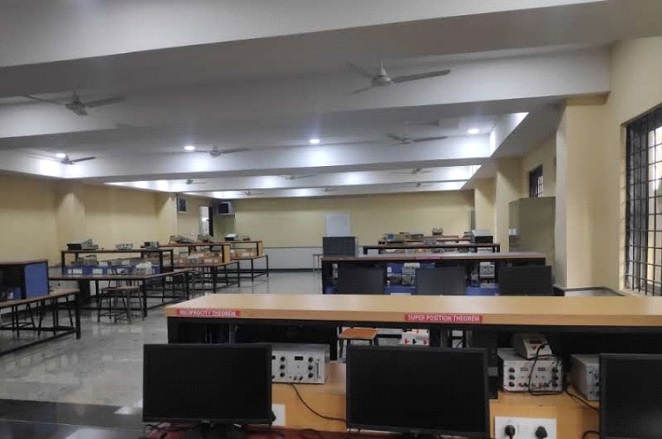
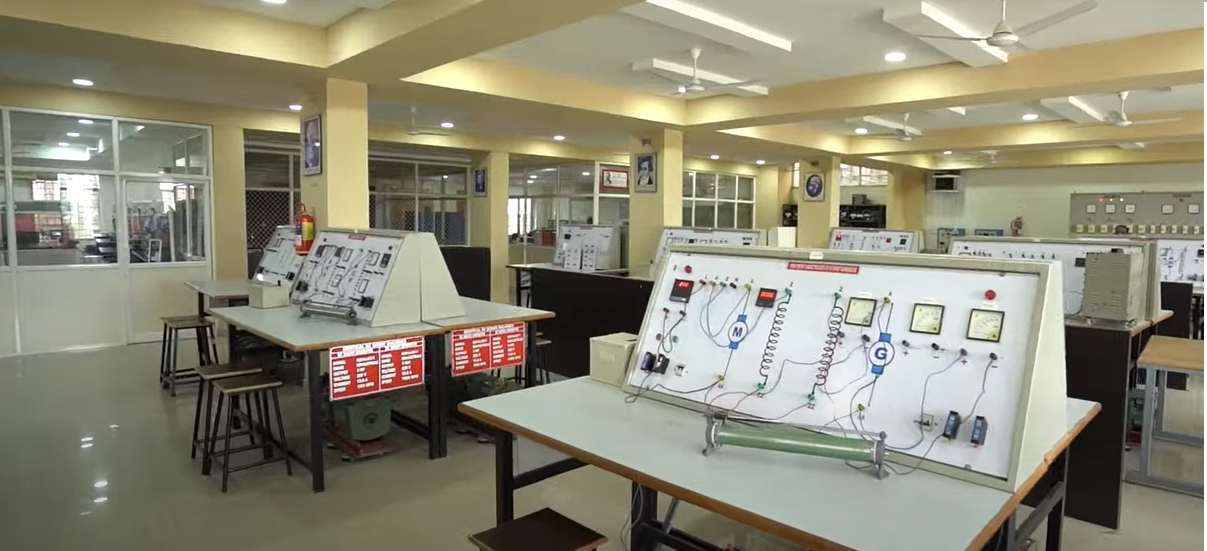
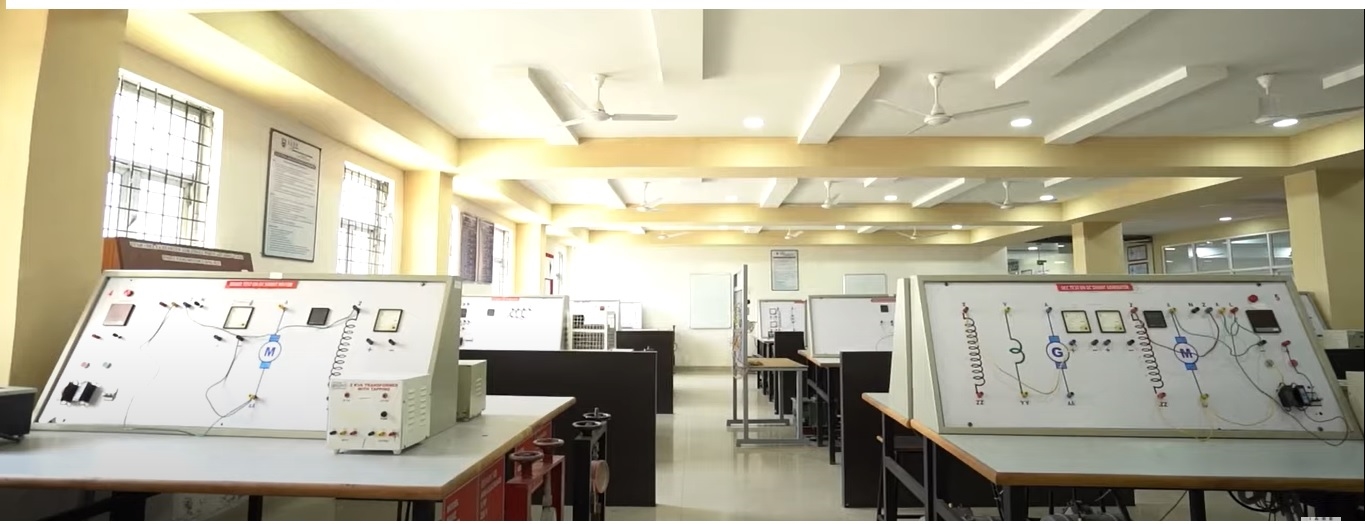
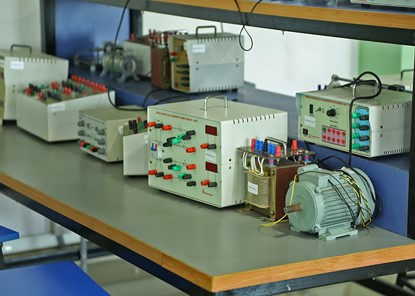
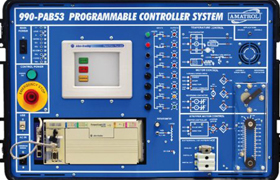
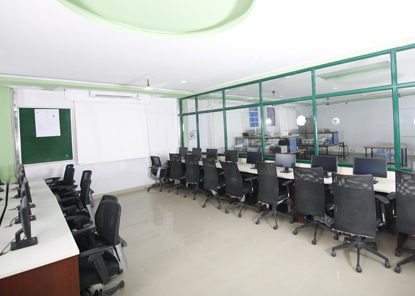

 Work with Us
Work with Us Campus Map
Campus Map How to Reach Us
How to Reach Us Online Degree Verification
Online Degree Verification Photo Gallery
Photo Gallery